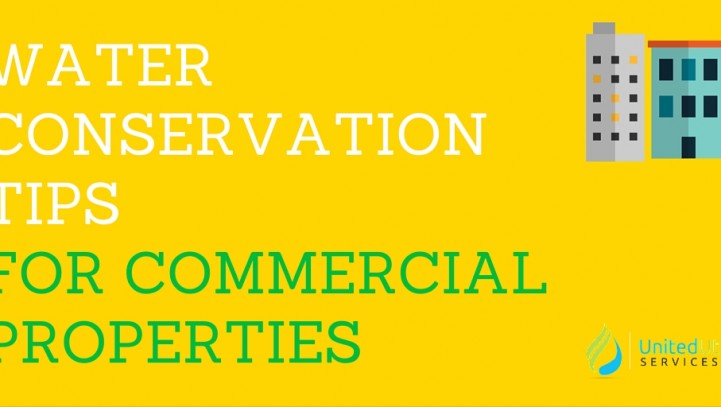Water Efficiency Tips For Commercial Properties
- Equip faucets with water-saving aerators.
- Use instant water heaters near kitchen sinks so the water doesn’t need to run as it heats up. This also conserves energy.
- Put up signs in kitchens and bathrooms that list down the hotline to call maintenance or facility managers whenever anyone spots water waste or leaks.
- Many ice-makers and refrigerators are water-cooled. Install appliances that are cooled with air instead to see significant water savings.
- Apply a water management plan for your commercial property, then teach employees about water saving habits through posters and newsletters.
- Publish monthly water use in your company newsletter or bulletin board to show how the organization is progressing toward goals to save water.
- Request that maintenance staff routinely inspect facilities for drips, leaks, and other forms of water waste.
- Consider water recycling if you use processed water in your commercial property.
- When purchasing equipment that uses water, such as dishwashers, ice-makers, and cleaning equipment, don’t forget to consider and compare water use.
- Determine exactly how and where your water is being used by installing sub-meters wherever feasible, then regularly monitoring for savings.
- Appoint a “water ambassador” within your facility who begins, applies and maintains a water conservation program.
- Shut off water to areas of your facility that are unused in order to eliminate waste from unmonitored use or leaks.
- Take note of hidden water use expenses, such as chemical treatment, heating and cooling, and sewer costs.
- Schedule a property water use inventory and identify your goals in water management.
- Coordinate water use with the weather. Use less water during rainy periods and increase use during dry and hot weather.
- Instead of rinsing dishes, try scraping them first before washing them.
- Go over your landscape irrigation system routinely for broken sprinkler heads or leaks and change pressures to specification.
- Determine your landscape’s water needs and water deeply but infrequently. Adjust to the season as well.
- If your property has decorative fountains, set them to run on a timer and only use them during daylight or work hours. Inspect them for leaks if you have automatic refilling devices.
- Wash company vehicles as needed, rather than on a regular schedule. Choose commercial car washers that use recycled water as well.




